Exploring Land Bargains for Tiny Houses
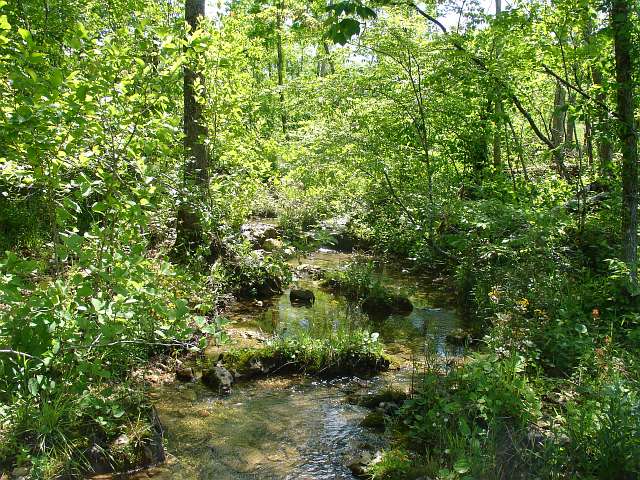
The internet is brimming with cheap raw land for sale and many of the deals seem too good to be true. Land can also be very difficult to finance. This is because it’s difficult for lenders to really assess the true value of raw land because there are so many unknowns, making it nearly impossible to calculate the investment risk.
One increasingly popular way to buy land is through online land brokers. These companies buy and sell land and often provide financing. The benefit is that they make raw land easier to buy, often offering low monthly payments with no credit checks. Common sense tells us that there’s a greater need for due diligence when any deal sounds too good to be true.
Researching land developers
I recently had a dialog with the folks at Classic Country Land. They have taken their real estate investment company to the next level, and have made the primary focus of their business developing larger tracts of land into accessible parcels.
Antler Ridge is one example of the kind of communities that Classic Country Land develops. This particular development is located in the south-east corner of Missouri on the border of the Mark Twain National Forest. It was once a much larger single tract of land and is now split into smaller parcels averaging 21 acres each. Each parcel appears to have deeded access by private dirt road and there is a county maintained road to the development.
They’ve also setup some high level covenants, but unlike many developers they don’t make it hard for folks to build something simple, small, and off-the-grid. For example, the Antler Ridge Covenants (pdf) defines a few limitations that are intended to keep neighbors from setting up something other than a place to live. This protects everyone that buys land there but doesn’t add so many restrictions that construction is prohibitive. Missouri is also well-known for flexible building laws, so a good choice for those looking to build alternative housing.
The following photos are from the Classic Country Land website and show what Antler Ridge looks like.
Doing your due diligence
When you discover a property you like online be sure to do some careful research on the parcel and seller. If the land is being sold by a developer check with the Better Business Bureau to see what kind of reports have been filed for the company. This can give you an idea of their track record; Classic Country Land has an A+ rating for example.
Also be sure to understand the terms of the sale and when you actually get the deed. Some seller financed agreements state that the seller holds the title until the property is paid in full; others put you on the title while you’re making payments like a traditional mortgage.
It’s possible that in the fine print you may find that defaulting on the loan causes the property to revert back to the seller. This would be bad, very bad, since you could loose any equity you’ve built-up. Read the fine print purchase agreements carefully.
If the seller offers financing be sure to review the loan terms carefully too. The folks at Classic Country Land have a strait-forward lending model. They will often discount the purchase price of the land if it’s a cash deal; and the bigger the down payment, the lower the interest rate you’ll pay.
Many of these seller financed land deals also do not require a credit check. This can be a bit of a double-edged sword because it’s the buyer’s responsibility to determine if they can really afford the loan. Many people want to think they can afford monthly payments on their dream property, but often fail to do their own due diligence on themselves. Try to avoid getting caught-up in the excitement and carefully consider all the risks before making the commitment.
The most important part of doing your due diligence may be getting out there and visiting the place in-person. Google Maps and other online research tools can give land shoppers a false sense of security that should really be tempered with a visit in the flesh.
Finding a good deal
If you were to buy land with cash from anyone you increase your chances of getting a good deal. It’s also a sure thing you’ll pay more when you choose a payment plan. But if you’re looking for low-cost, off-grid property to park a tiny house and don’t have the cash, paying the premium to have a place to live while making payments may be a good deal in the greater scheme of things.
Inexpensive land also comes with a natural built-in red flag, which is simply that it is inexpensive, there’s always a reason for that. In the case of Antler Ridge I suspect the low cost is due to it’s remote location, off-grid status, and dirt road access. If you plan to live their full-time and need a local job the cost of your commute may far outpace any savings on cheap land.
Good deals are really in the eye of the beholder. It’s only a good deal if it serves your needs and empowers you to reach your goals. Be patient and choose wisely and more often than not, you’ll be happy with the deals you negotiate.
Avoiding owners’ associations
In my humble opinion property and homeowner associations should be avoided, or at least well-researched before you put down your money. These organizations are setup to add another layer of governance to a community and might work well for those who want to live on the 18th hole, but for most of us they just add a major pain in the neck.
Wrapping up
Buying land is not easy and should be approached with lots of caution. It’s not rocket science either, so spend the time to educate yourself and connect with people who’ve done it. Here are a couple of posts I’ve enjoyed from people who’ve gone through the process.
If you have any personal experiences with buying raw land or doing business with land developers I’d love to hear about it in the comments. Thanks!

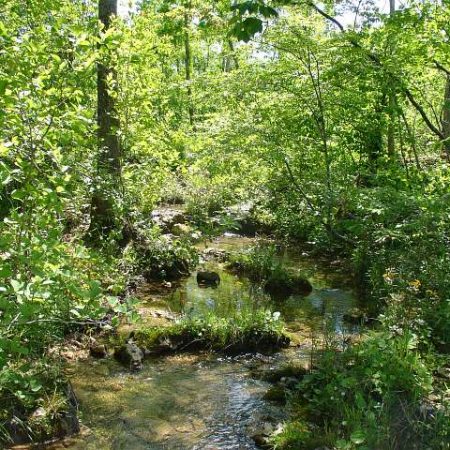
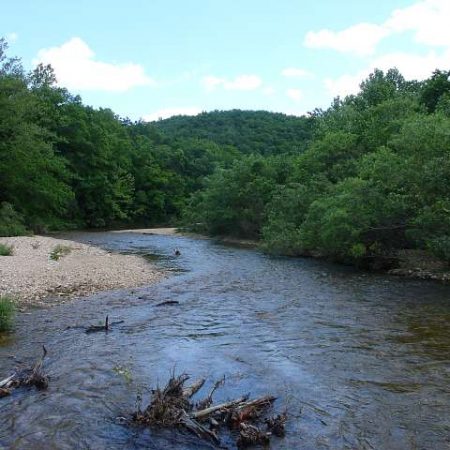
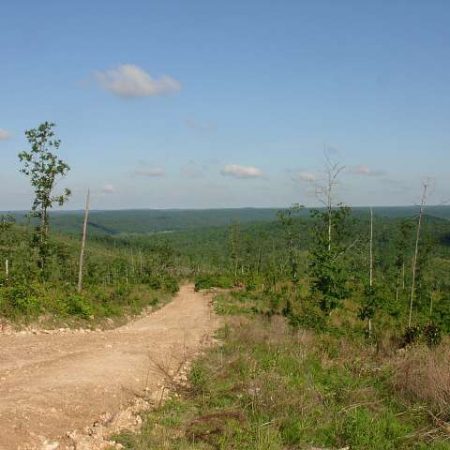
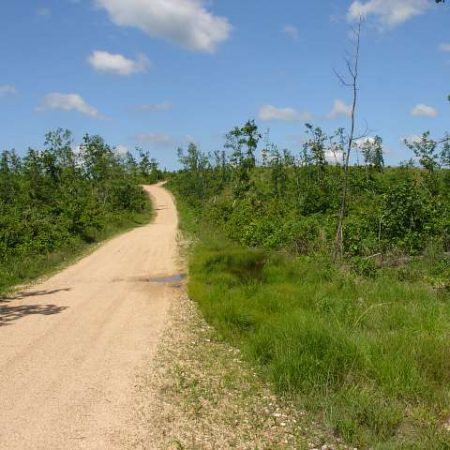
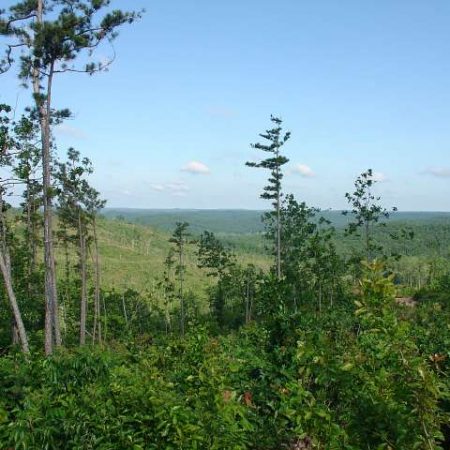
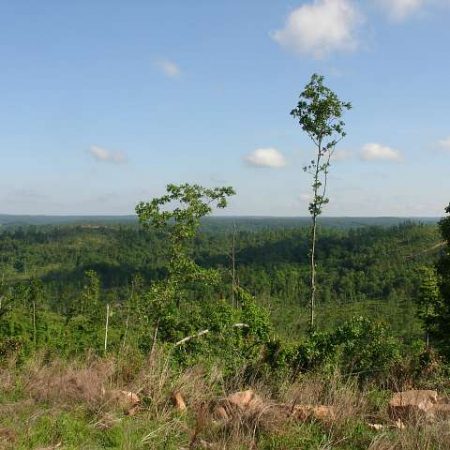
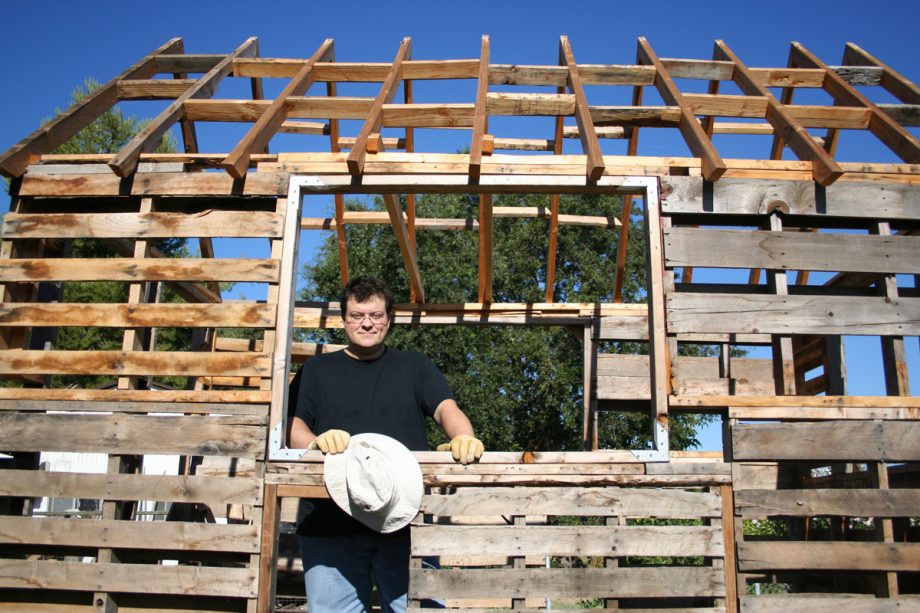
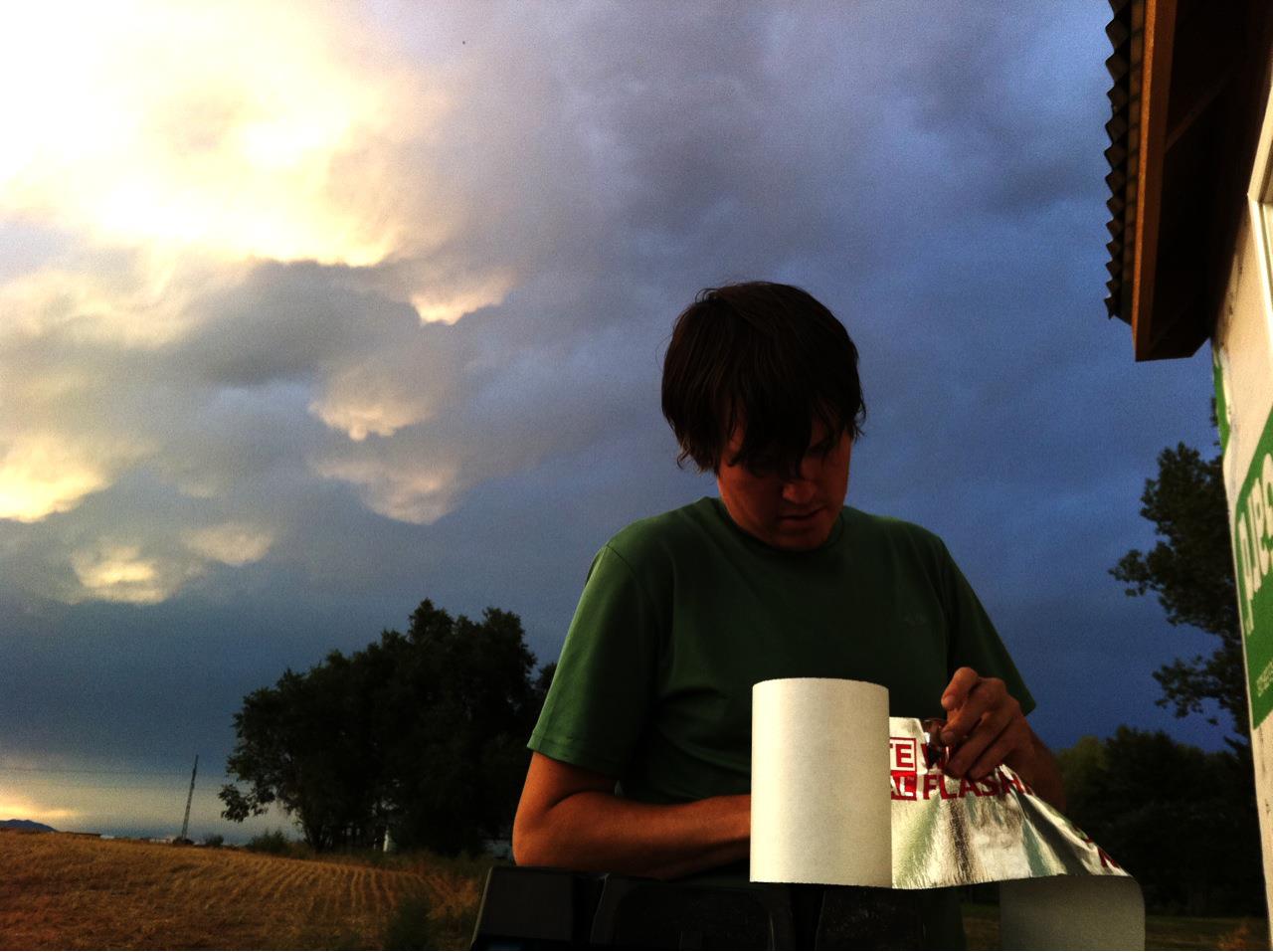
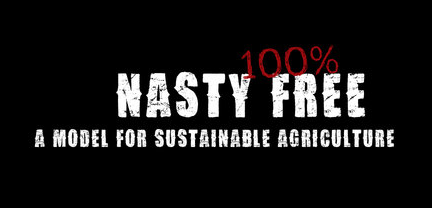

Those rules are totally idiotic BS. They are NO better than zoning laws.
The examples given of how that’s good are totally idiotic hyperbole. If you wanted to prevent go karts and so on, there is no need to outlaw running a small business where no customers come and go and it is located in the garage etc. That’s exactly the sort of “outlaw everything except this” dumbfuckery that leads people to not be allowed to telecommute from their own home (true story, this is a law that is being applied in some areas of toronto, because the bylaws say you can’t work at home)
Raising hens (no crowing from roosters) for instance, is not harmful in the least. There is scientific research on this that basically says they are no different in terms of smell than other pets, which forced some cities like LA to allow chickens in backyards.
Rabbits breeding? Chinchillas? Not allowed? BS.
Strip mine?? BS. What would they even mine??? That’s covered under commercial operation anyway.
No commercial vehicles?? What if they are the same size and shape as a regular vehicle? What if you use it for both work and home or you want, again to work form home. If someone was a contractor or something, tough. Gotta store your vehicle elsewhere, can’t take it home.
And you know what? I might seem to some people like the rules would never be enforced like this, but just look at how the dumbest bylaws actually are enforced. Like minimum sq footage and mandatory $20K septic even if you don’t have any plumbing in your cabin… Secondly these rules are going to affect people’s lives for the next 30 years – why would they be so poorly written as to outlaw stuff they didn’t mean to?
You just know that if you tried to raise some chinchillas indoors in your own basement and a nosy neighbor complained just because they didn’t like you, they would be enforced. If the rules *weren’t* enforced said neighbor could sue the agency who is supposed to enforce them, because the rules say what the rules say.
Only one single family dwelling. Nothing else? no other dwellings on a whole 5 acres? That would be pretty out of whack, but you just know that’s no assurance it’s not what they mean. There are a lot of totally out of whack rules in this world
Total BS, You can’t live in a yurt on this property. It’s a temporary structure. Not even for the briefest period of time. Permanent tent city my ass. You could set a limit on the number of structures it that’s what you wanted to prevent, instead they are banning them entirely.
Derelict.. Not licensed? Even in your own shed??? (it’s not a garage!) Again, total BS. Plus it doesn’t look any different if it is licensed or not, that’s my business, not yours. Limit the number of them if you wanted to prevent junkyard.
Oh wait! That trailer is a vehicle! No license? You’ll have to move it. Those mopeds or dirt bikes or atvs you bought to scoot around your own property? Bye bye! Their vehicles.
Even aside from that, if I want to convert my car to electric using parts from another car or something, or recycle a broken box truck as a nice living space, that’s exactly the sort of things the rule is supposed to prevent. Fuck that shit. You can take your precious little parcel and shove it so far up your ass you smell grass.
WOW thanks Parrot, no seriously I really appreciate the additional view points.
RV Trailers are allowed though, take another look:
“No structure of temporary character (Ex. tent or lean-to type structure) shall be used as a residence. Such structures may be used for recreational purposes, but shall not be allowed to remain on any parcel for more than two (2) months during a calendar year. Mobile homes, recreational vehicles & travel trailers are allowed.”
I read this as “Tiny Houses are allowed”
I can ask about the Yurt question. Hunting tents are really popular options, for hunting, and I suspect these are also permitted.
I’d have to agree with Parrot Whisperer. Those kind of restrictions are why most of us move OUT of the city and suburb.
This is a reply to Parrot’s reply.
My name is Scott Wigginton and I am the owner of Classic Country Land. In general, I am against restrictions. I have them in the neighborhood I live in and I don’t like them.
However, many times, some basic restrictions are necessary. Every restriction we have is based on a problem we have had in the past. They are not perfect and they can never take into account every possible scenario. They are very difficult to write. If they are too strict nobody will buy. If they are absent, one bad apple will cause nobody else to buy. It is a balancing act. When in question, I error toward leniency.
Example:
Suppose you have 40 tracts of land to sell. The first customer who buys is right in front and they decide to live in a tent with 20 of their closest relatives. They have not thrown anything away in 20 years. You get the idea. I now have a property which I invested over $500,000 in which I cannot sell. If I took this route, I would not be in business. So, in a way, they are a necessary evil.
Yurt’s are fine.
Thanks Scott.
I think the same thing holds true for any eco-village or other intentional community. Some governance is needed but too much governance can destroy a community.
I guess the main take-away here is that we should all add a careful review of the covenants (rules, laws, etc) to the due diligence we practice before committing to buying into any community.
I would love to buy land in the development in Tennessee but after looking at your ad several times I noticed the part about the balloon payment. Maybe I misinterpreted that part and it only applies to one of the loan options but that was my big red flag.The covenants sound fine to me.
The restrictions Scott put on are because he was dividing up the land and needed to put some covenants there, as he points out, to give buyers some basic protections.
Where the land is not being divided up, the building restrictions can come from either the minicipality (what can be built based on the existing zoning)or covenents put in when the land was originally developed. Either way , it pays to review them prior to making a purchase.
I am an online land seller like Scott. My site is
http://www.rfgland.com and associated blog http://www.rfgland.com/blogs
Thanks Michael, this is one of the best articles I’ve ever read about buying land, whether for a tiny house or just in general. I appreciate the common sense approach…which isn’t often found, ya know? 🙂
I bought the most beautiful land via eBay. I had it for several years and loved my life there. You’d be surprised where you can find reputable land sellers. If you focus in on an area, then you can start searching for the land sellers in that area. There tends to me regular sellers of land in a particular region. Also, I recommend United Country. They have offices in many small towns and rural areas all over the US, and you’ll see some incredible land deals through them.
i’v gone so far as to make plans to turn a box truck into a mobile home. if i dont like my neighbors then i can drive away.
The rules aren’t bad. They beat 90% of places you will find. The problem is the giant balloon payment at the end. That’s in the fine print.
I DO NOT like the balloon payment at the end and I’m glad that it was discussed here, as I did not take time to read the whole advertisement.
AS for Parrott Whisperer, I hope he doesn’t move next door to me as, just as horrible as his language is, must be his personality, also, and I a peace loving sort, would be uneasy living next to such an obscenely violent languaged person because if they are that free with distructive words – than you never know what else they might do.